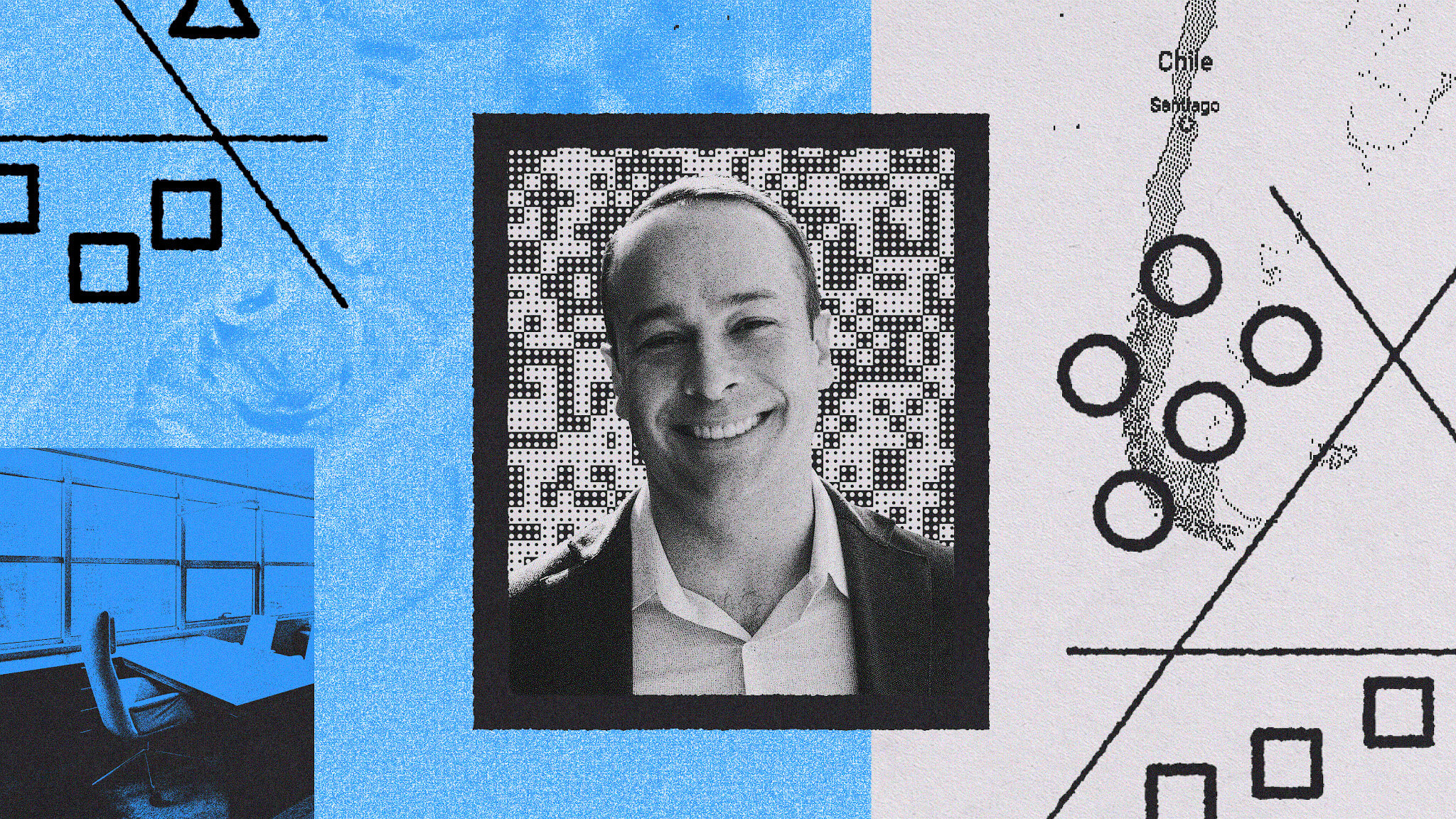Aristotle plus generosity: How to soften the hard-boiled leader

- Leaders have always been celebrated for the results they deliver and for a single-minded focus on delivering those results.
- The “generous leaders” who work with care and compassion have remained relatively invisible.
- Leadership generosity is not about remuneration — and it has to be authentic.
I was on a plane, the regular shuttle between Boston and Washington, DC, sitting next to Steve, who had been my mentor since the day I joined BCG (Boston Consulting Group). We were in the bulkhead seats, on the right side of the plane. Yes, I do recall this detail; it was a vivid moment for me.
He and I were on our way to DC to house hunt and open BCG’s Washington, DC, office, an office that had been a year in the planning. He was a senior partner; I was a manager at the time. I had already moved my family to DC to start two of my children in school. Steve and his spouse were going to follow sometime in the fall.
Our plane took off, and we were on our way when Steve looked over at me.
“Joe, rather than risk you hearing this secondhand, I wanted to let you know I got a job offer—to be president of another company.”
I froze. You can only imagine what flew through my mind! Oh crap, what does this mean for me? I have already moved my family to DC! Am I going to displace my family again? What am I going to tell Sarah, my wife? Will I be losing my mentor?
I replied, without much hesitation or expression, “Great, real proud of you, that is cool.” Still wondering, What the hell?
Steve had glanced out the window but now looked over at me again. “Don’t sweat it—of course I decided not to take it.” He explained, “There are many puts and takes, but part of it is that there is no way I was going to do that to you and Sarah. You have moved your family to join me in opening this office— how would I ever take that job? I just wanted to make sure you didn’t hear about it secondhand and worry.”

Wow! What a powerful moment for me in these early years of my business career. Steve was forgoing an opportunity to lead a company as president—along with the compensation upside, the cachet, and the status that comes with such a title.
He cared deeply about what he was starting with me, about the commitment he’d made to me. He cared about the impact on my family. While I am sure there were multiple reasons for his decision, the one that mattered to me was that he cared enough to not disrupt my family. Talk about having one’s back, about generously considering another in important moments, about leading with care.
This was a meaningful moment for me. In my early 30s. A few years into a new career. Speaking with a leader who was known to be extremely results-focused. In that moment, that leader considered the impact of his decisions on another’s life, and as I saw it, put my family first. Over 35 years later I still vividly recall that plane ride and that experience of generous leadership.
As is often attributed to Aristotle, “We are what we repeatedly do. Excellence then, is not an act but a habit.”
Leaders have always been celebrated for the results they deliver. But what result? For many years it was single-focused. In the business world — shareholder returns; in the government — growth; in the non-profit space — funds raised.
What were the actions and traits called out that delivered those results? Being #1, 2 or 3 in your sector. High-quality product or services, absolutely meeting customer’s needs. Highly efficient operations. But also, cutthroat focus on delivering that efficiency. Staffing an organization that dutifully drove to the desired results. (How many white shirts and dark blue suits did one see on the streets of our major business centers?) A leadership-centric, almost selfish, behavior from the boss.
The often-cited heroes of business drove the numbers, led from the top, built command-and-control organizations, let metrics and statistics drive nearly all decisions, made tough calls with a single-lens — dollar profit. An almost impersonal cutthroat “tough leader” somewhere along the way became synonymous with effective and “great”. Aspiring leaders sought to build themselves in his image.
There were, of course, many great leaders across time, those who were deeply admired and respected for taking a broad view of their mandate. Focused on the numbers, but also cared deeply for their people, and were concerned about their company’s impact on the community. They existed, but this type of generous leader, who saw “their people” as humans, who led with care and compassion, who put their heart in the front of their leadership, were rarely visible. More to the point, this broad view of leadership was not in fashion, received less attention and accolades, and as a result was not considered a model for success.
Generous is defined in today’s Merriam Webster as: giving or sharing in abundance and without hesitation. I cannot emphasize enough the importance of giving without thought of benefit to oneself.
I want to be very clear I am not defining the generous leader as one who offers their employees an incredible pay package. As I have said, this kind of generosity is not about remuneration.
Generous is defined in today’s Merriam Webster as: giving or sharing in abundance and without hesitation. I cannot emphasize enough the importance of giving without thought of benefit to oneself, and doing it with the reflexivity it requires, which is how I interpret this definition. It also calls to mind the lately overused word “authentic,” and I do believe that the essence of the giver must be completely authentic in order for these acts to be interpreted as intended, as truly generous.
As is often attributed to Aristotle, “We are what we repeatedly do. Excellence then, is not an act but a habit.”





